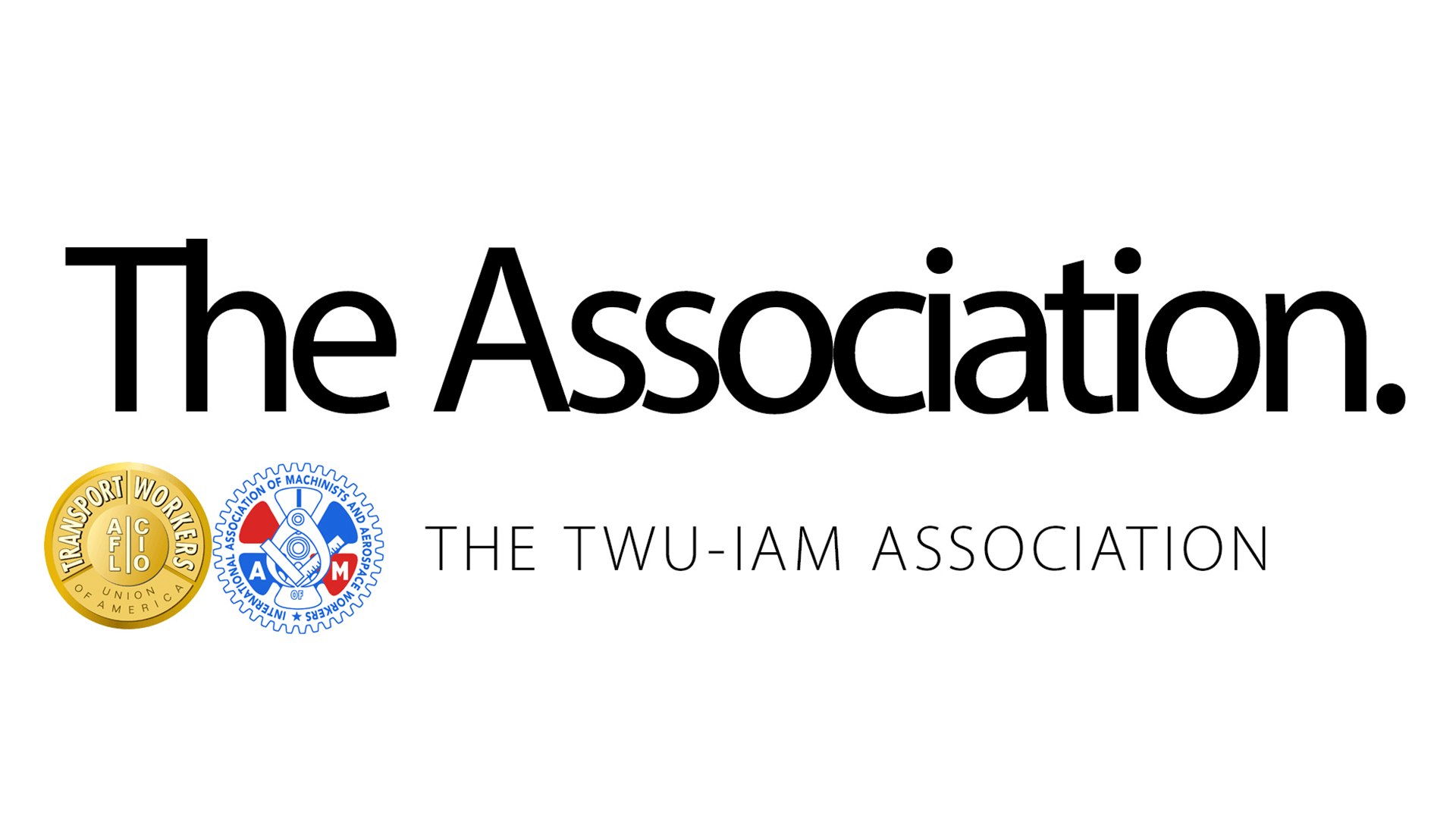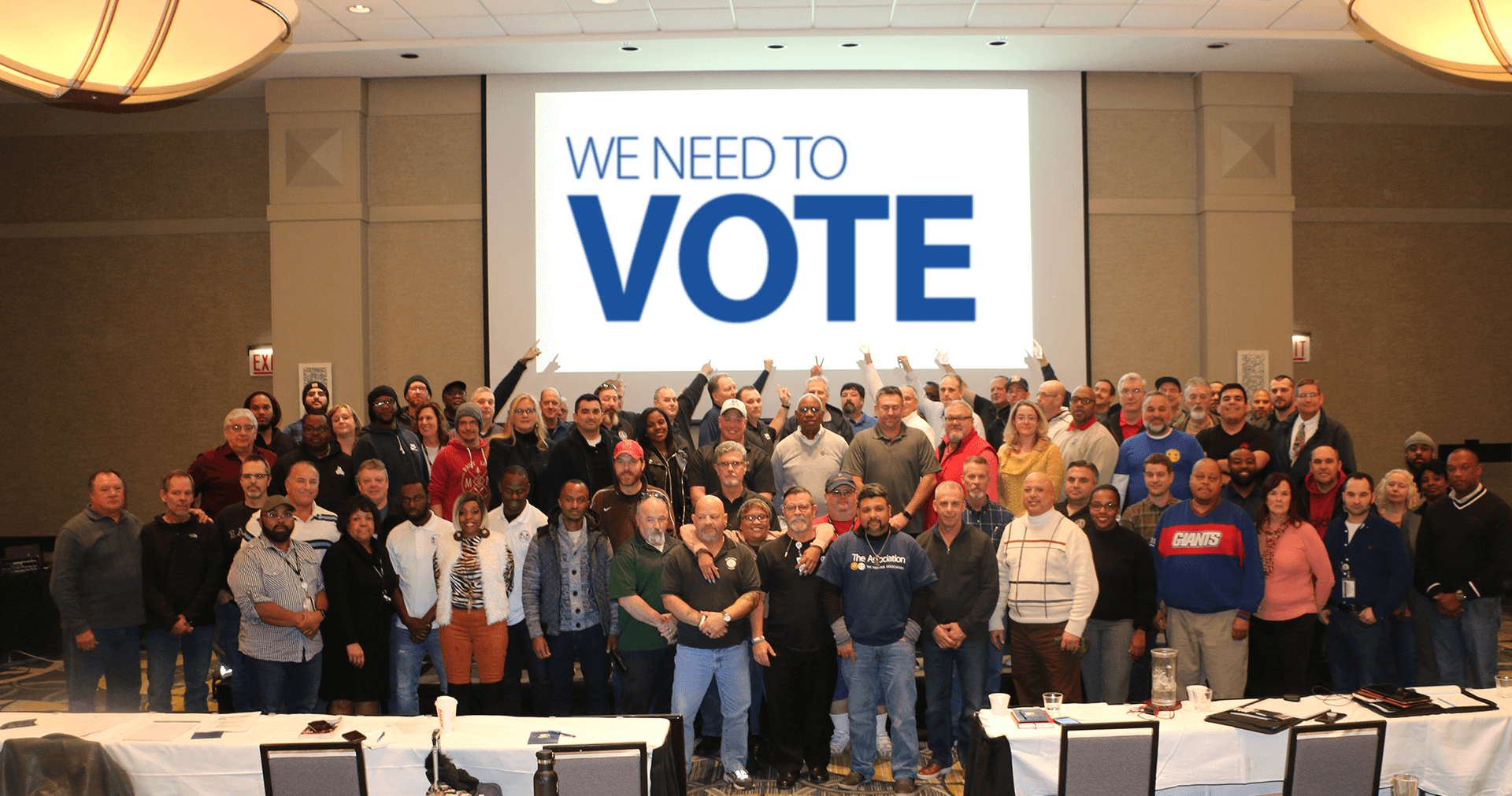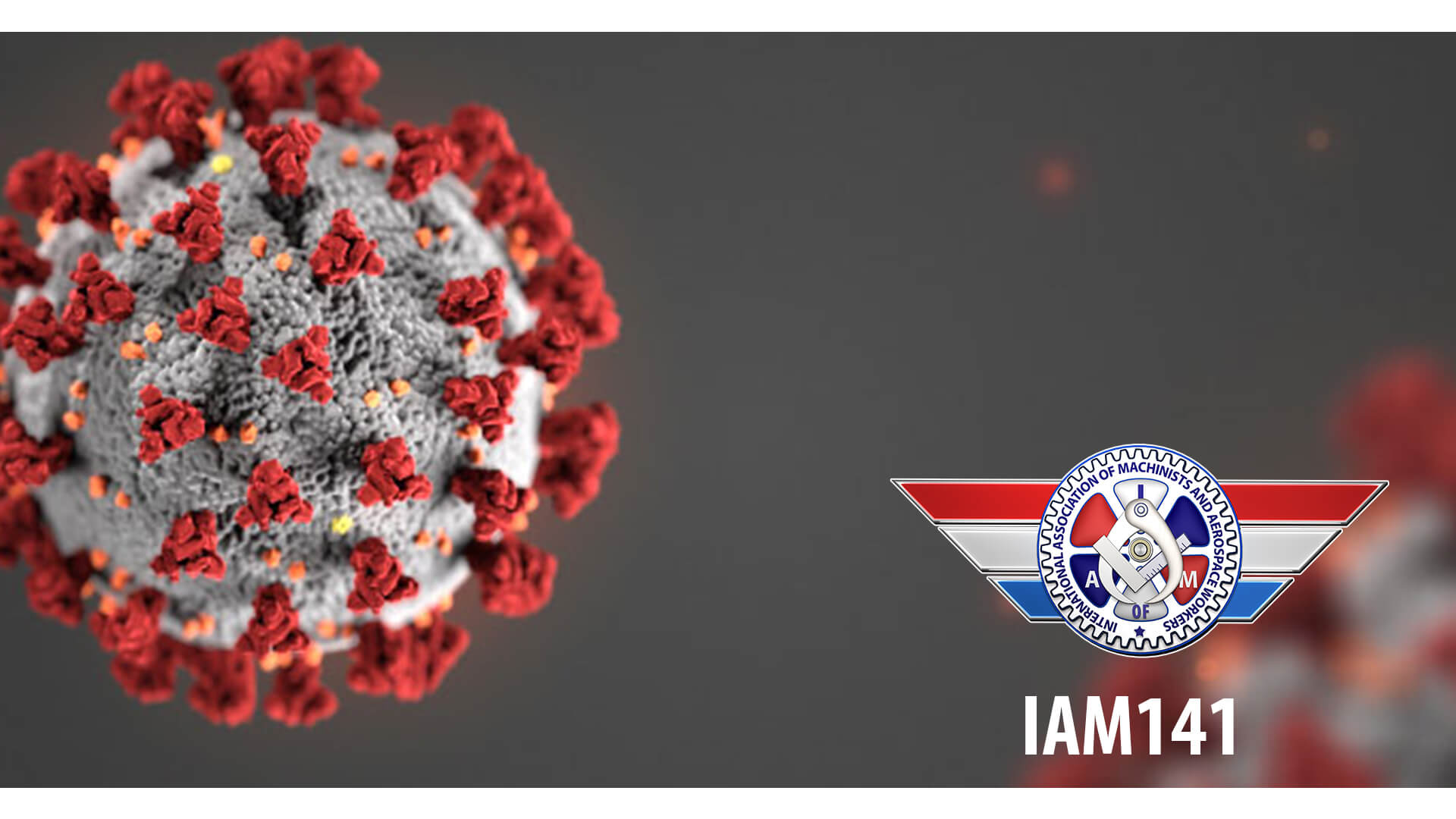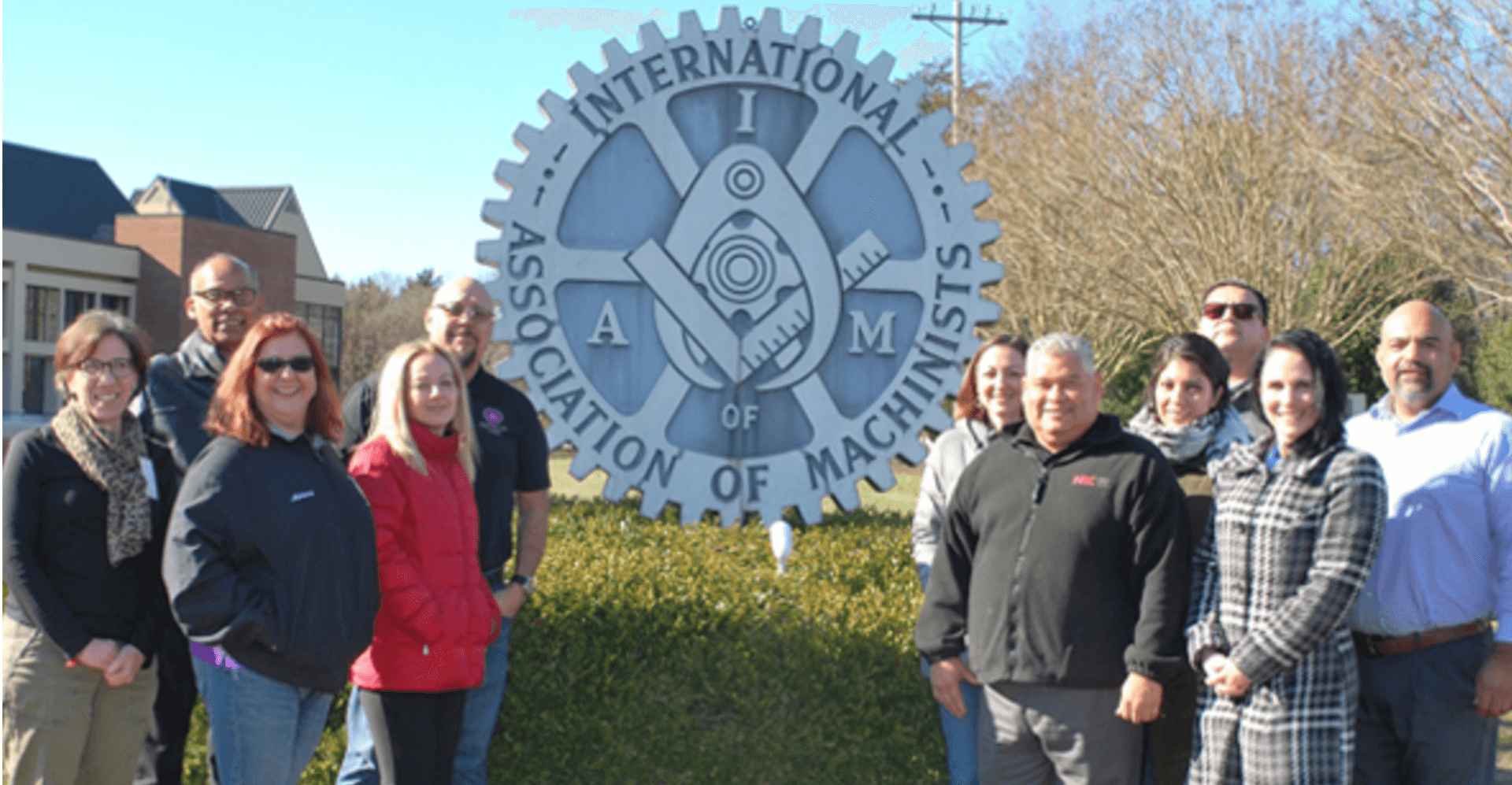
by Eric Price | Mar 14, 2020 | Airlines, American, Community Service, Community Service Page, COVID, EAP, Education, Featured, Front Page, Hawaiian, Home, Home, Philippine, Safety, Safety, Spirit, Uncategorized, United
GOIAM.COM ///////////// Dear Sisters and Brothers, I know there is much uncertainty surrounding the evolving COVID-19 (coronavirus) outbreak that has now been classified as a global pandemic. Our daily routines are being affected by the cancellation of many events in...

by Eric Price | Mar 11, 2020 | American, Featured, Home, The Association, Uncategorized
March 11, 2020 Association Concludes JCBA Review TWU-IAM Association representatives have concluded reviewing the final JCBA documents and have authorized the company to print and mail full-text contracts to all members. Each member will receive the contract...

by Eric Price | Mar 11, 2020 | American, Events, Featured, Home, Organizing, The Association, Uncategorized
TWU-IAM Members Urged to Vote on Tentative Agreements with American Airlines. Committee members and leadership from IAM Districts 141 and 142 met in Chicago this week to review the Tentative Agreements reached by the TWU-IAM Association for over 30,000 members at...

by Eric Price | Mar 7, 2020 | American, Featured, Home, The Association, Uncategorized
This week, TWU-IAM Association representatives continued the process of reviewing tentatively agreed to Joint Contract language. Late Friday evening, the Executive Committee finalized the remaining documents necessary to put the contracts together for membership...

by Eric Price | Mar 4, 2020 | EAP, Featured, Home, Safety, Uncategorized, United
Sisters and Brothers, United Airlines informed its employees today that the airline will reduce its international flight schedule by 20 percent and its domestic flight schedule by 10 percent in April, and have begun planning similar reductions for the month of May....

by Eric Price | Feb 27, 2020 | Community Service, Education, Education Class, Featured, Home, Organizing, Uncategorized
Three members of District 141 spent a week in late January at the Winpisinger Education and Technology Center with the IAMAW Spanish Leadership Working Group (SLWG). Local 1759 Shop Steward and EAP Representative Adriana Picasso, District 141 Communications...







